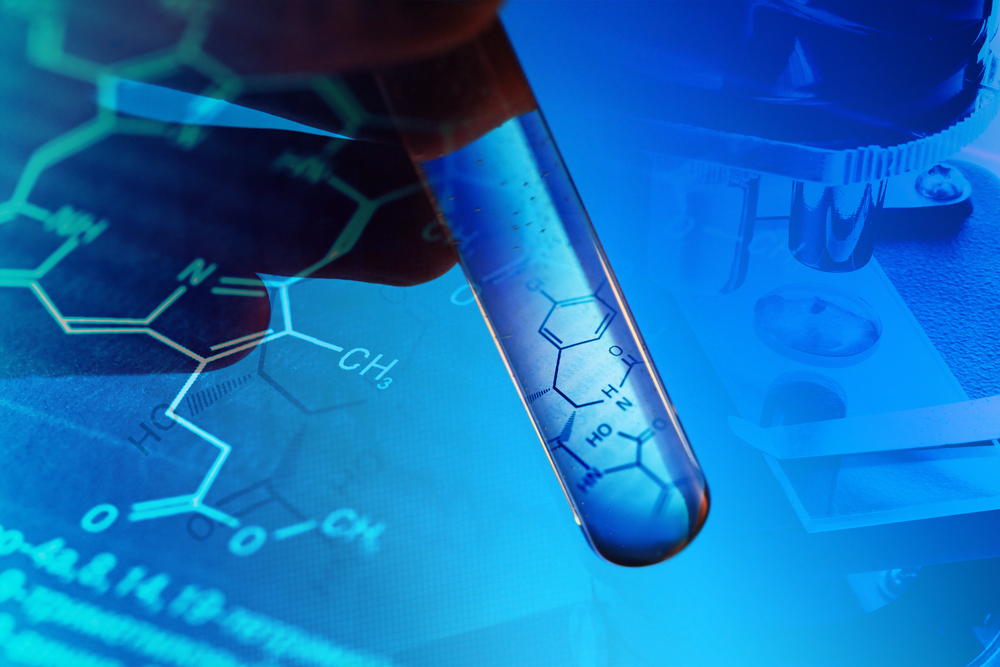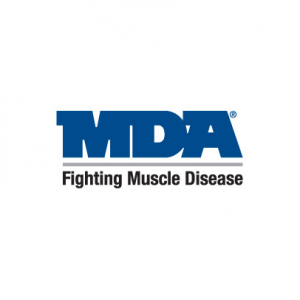MDA Offering Genetic Testing For Limb-Girdle Muscular Dystrophy

 The Muscular Dystrophy Association (MDA) recently announced that MDA clinics are offering genetic testing for those with limb-girdle muscular dystrophy (LGMD) thanks to a grant from Sanofi company Genzyme in collaboration with Emory Genetics Laboratory. This represents a major step in diagnostic advances that will help those with the disease and their respective clinicians so they can find more suitable and accurate treatments.
The Muscular Dystrophy Association (MDA) recently announced that MDA clinics are offering genetic testing for those with limb-girdle muscular dystrophy (LGMD) thanks to a grant from Sanofi company Genzyme in collaboration with Emory Genetics Laboratory. This represents a major step in diagnostic advances that will help those with the disease and their respective clinicians so they can find more suitable and accurate treatments.
“LGMD is a disorder with more than 30 genetic subtypes. What all the subtypes have in common is weakness of the ‘limb-girdle’ muscles — the muscles surrounding the shoulders and hips. This test will allow clinicians to diagnose and treat individuals with more accuracy as some subtypes require different forms of intervention because they are much more likely than others to involve the cardiac or respiratory muscles,” said Valerie Cwik, the MDA Chief Medical, Scientific Officer and Executive Vice President.
Furthermore, the proximal muscles’ weakness that appears to be linked to LGMD can be caused sometimes by a metabolic muscle disorder frequently known as Pompe disease, and enzyme replacement therapy can be used to address such a condition. This genetic test will help to diagnose Pompe disease more accurately so that patients are pointed in the right treatment direction.
[adrotate group=”3″]
Cwik continued: “MDA is committed to bringing urgently needed therapy to children and adults affected by muscular dystrophy and related life-threatening diseases. This is an important first step for anyone without a definitive diagnosis related to LGMD. We look forward to our continued partnership with Genzyme and to making an impact in lives that could be changed thanks to this new testing option.”
“We are very pleased to support MDA in this important initiative. Wide and early access to appropriate diagnostic testing can help more patients to get a diagnosis and access to potential treatment,” said Richard Peters, Genzyme’s representative.
In order to carry out these tests, a saliva sample is required, which can be collected at an MDA clinic. The samples will be sent to Emory Genetic Laboratory and results returned to the clinic physician, patients and families within 3 months.






